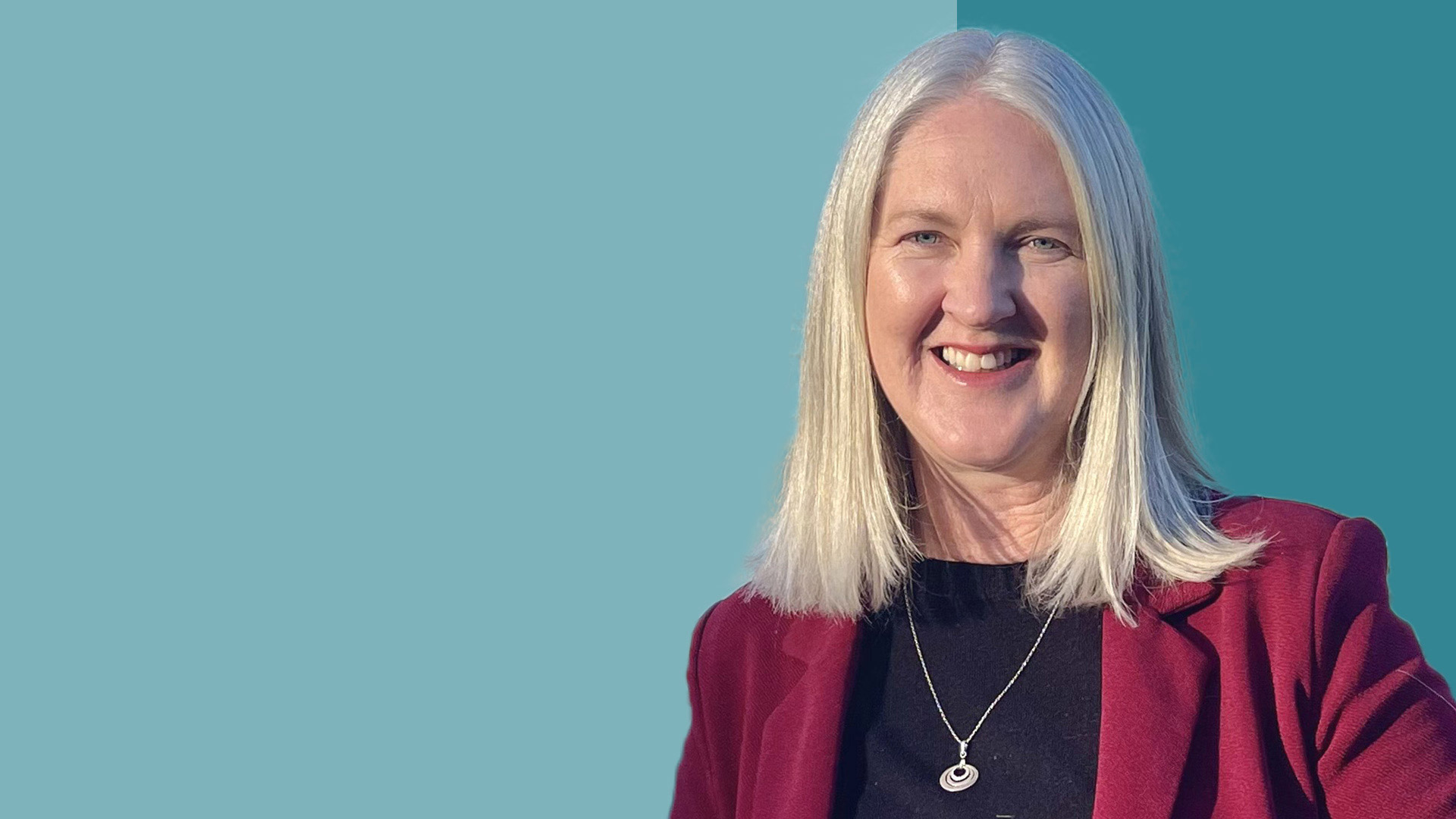There has been a shift in corporate thinking about how value is created. The evidence increasingly shows that more meaningful social investment projects are being envisaged and put in place.
If you have worked for a big company, you might be familiar with the old style of corporate social investments. They might include small community projects and volunteering days for employees. These barely make a dent in profit and loss accounts and have been seen for the peripheral, feel-good fluff that they are – great for boosting staff morale but perhaps not much else.
We have looked at the experience at companies such as Heineken, Unilever, GlaxoSmithKline (GSK) and the National Australia Bank (NAB), one of the world’s top 50 banks. And they have started to see social investment linked to their operations as a genuine value creator. They don’t yet have the comprehensive data to prove it, but they all say they believe it improves reputation, attracts customers and employers, and builds trust and resilience to see them through difficult times. In other words, it has a value.
A new era
It has been a notable change that social investment initiatives have been detailed in these companies’ annual reports in a way which explicitly links them to increased corporate value.
Unilever’s Shakti direct-to-consumer distribution scheme, for example, recruits Indian female micro entrepreneurs. Local distribution programmes such as this add €80m in incremental turnover for the company, while providing a livelihood for people who may not otherwise find work. Its Hygiene Education Programme in Vietnamese schools contributed to volume growth in the Vietnamese market. Linking Unilever Brands with social investment programmes has been part of their growth strategy.
The GSK Access to Medicines programme, meanwhile, flexibly prices drugs for different markets and benefits the developing world, where drug affordability is a key issue. At the same time, it allows GSK to achieve one of its strategic priorities, moving away from reliance on the “white pill and Western markets” model. GSK acknowledges that “fulfilling social responsibilities” is part of being a successful and sustainable business. While there are obvious difficulties in putting an exact financial value on this, the simple acknowledgement of its value is an important step.
Heineken’s impact in African communities is largely mediated through their suppliers and distributors, so they have set a target to expand local sourcing of raw materials in Africa and have implemented farm training affecting 30,000 African households. This increases the reliability of supply and reduces transport costs.
Australian bank NAB claims that its Fair Value Agenda makes banking fairer, simpler and more affordable by relieving financial hardship and debt collection. Responsible lending is seen as a source of competitive advantage; a way to distinguish the bank from other large institutions. It helps the bank deliver on a strategic priority of enhancing NAB’s reputation.
Companies are also realising the importance of partnerships in social investment activities. NAB’s community finance store, Good Money, was set up in partnership with the Victorian government and Good Shepherd Microfinance. It offers financial counselling and access to cheap, small loans to people on low incomes.
Change in thinking
Key to these changes in the approach to social investment is a shift in corporate reporting which has pushed companies to rethink what drives value creation – and indeed what value creation is. The balance sheet conveys only part of a company’s value, and investors are seeking information on activities which contribute to forms of value which are not easily translated into monetary terms from one quarter to the next.
Unilever and NAB have followed guidelines in integrated reporting led by the International Integrated Reporting Council (IIRC) and supported by professional accounting bodies around the world. Any company that wants to be able to say it complies with the International Integrated Reporting Framework must report how they create value in broad terms and think about their business model and strategy in terms of multiple ideas of capital. That means incorporating human capital, natural capital, social and relationship capital, and intellectual capital, as well as thinking about money flows and profit accumulation.
It is catching on. Heineken and GSK have not been directly involved in the IIRC’s work, yet over the period of development of the Framework, their reporting has changed significantly to adopt many of its features. The influence of reporting on aligning social investment strategy with business strategy should be welcome news for firms seeking to change but lacking the capacity or know-how for disruptive transformation.
Our study examined various types of reports published by these four companies over the period of development of the Framework and saw a small, but noticeable shift. Social investment by companies is moving away from its previous role as a philanthropic act, outside of strategy, which is leveraged for marketing benefit after the fact. Increasingly, it now sits inside strategic decision making and, as with NAB’s community finance store, partners are brought in to make the delivery more targeted and effective.
The companies at the forefront of this are integrating social investment with business strategy, actively seeking to demonstrate that their social investments are purposeful, accountable, respectful, ethical, and contribute to long-term business success. Social investment is featuring in the overall value creation story woven through their reports. It is important to note that this is generally not audited and concern remains that reporting may be prone to exaggeration. But it is no longer being pasted in as an afterthought, unconnected to success on the bottom line.
About the article
Authors: Carol A Adams, Professor of Accounting, Durham University; Brad Potter, Asssociate Professor,University of Melbourne, and Jodi York, Research Fellow, Social Investment, University of Melbourne
This article appeared on the ICAS website here and was originally published on The Conversation. Read the original article.













